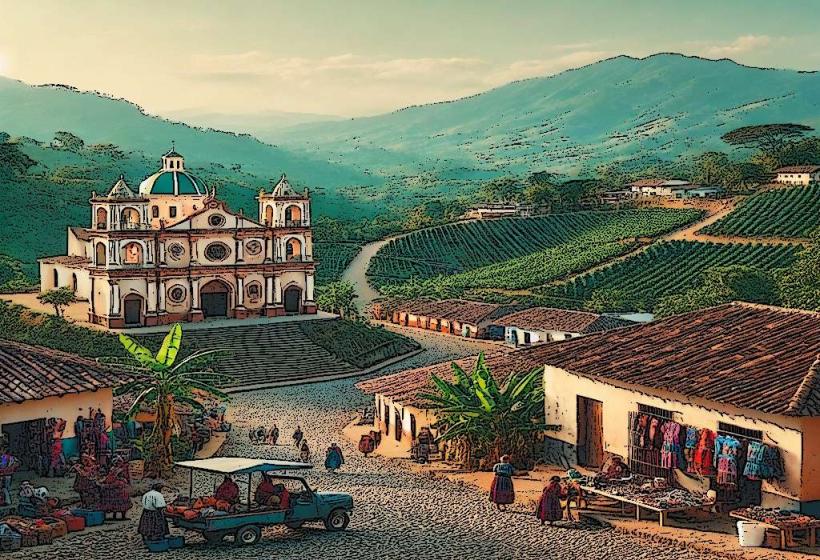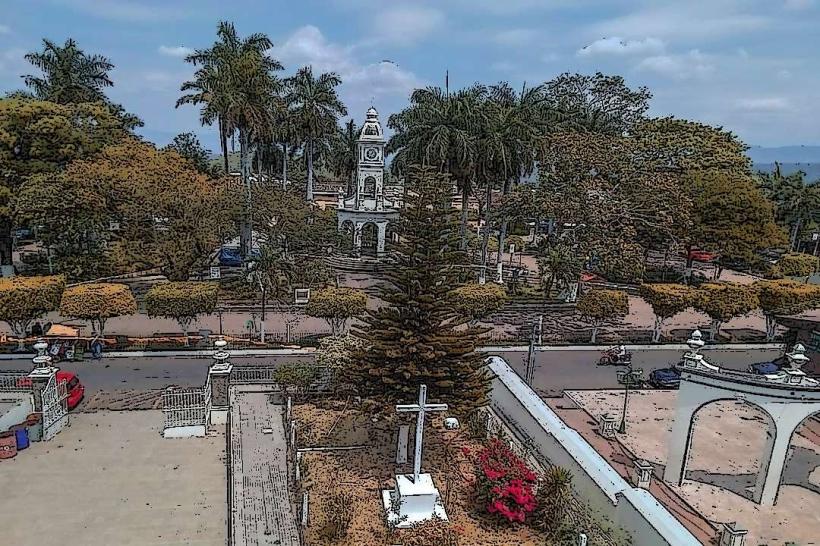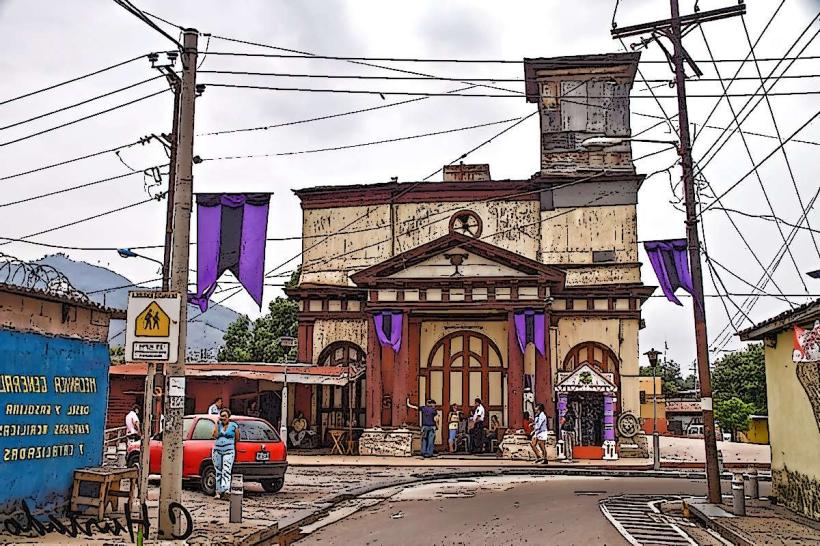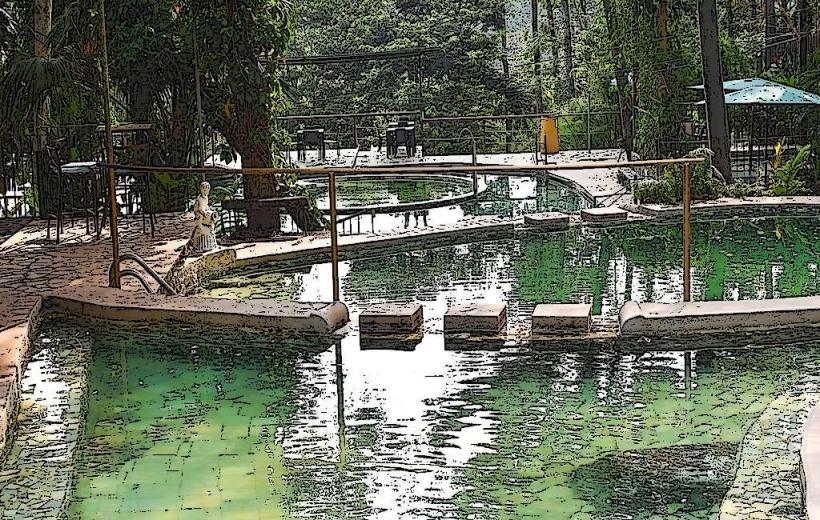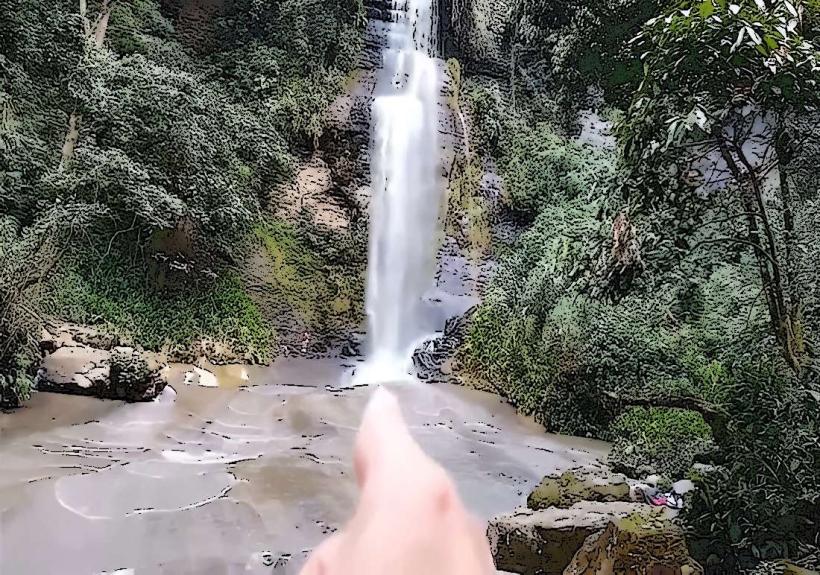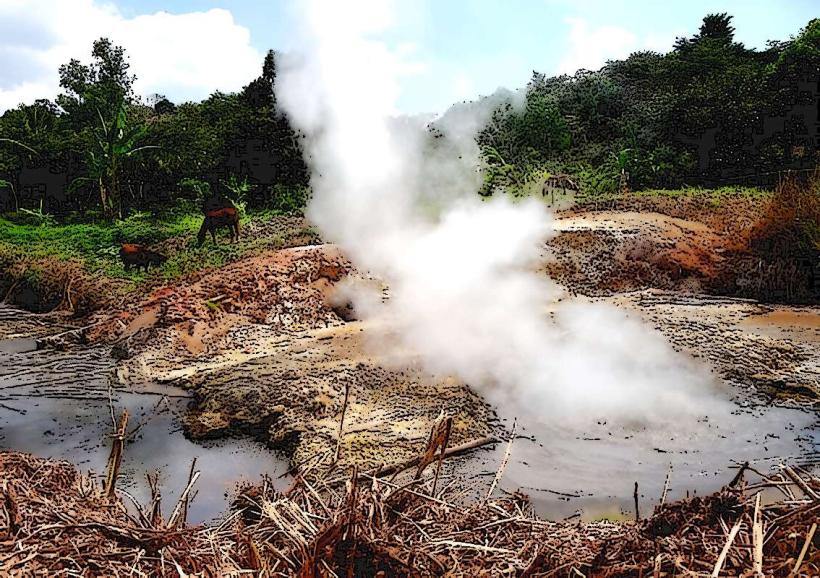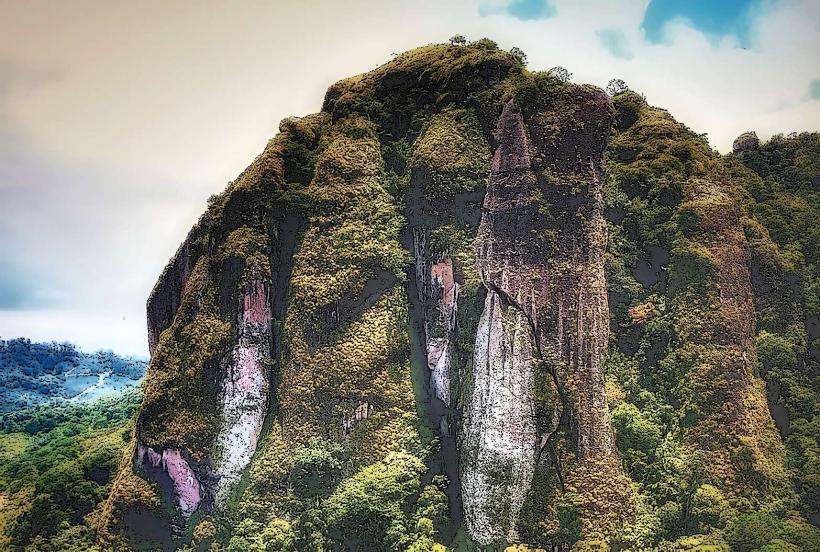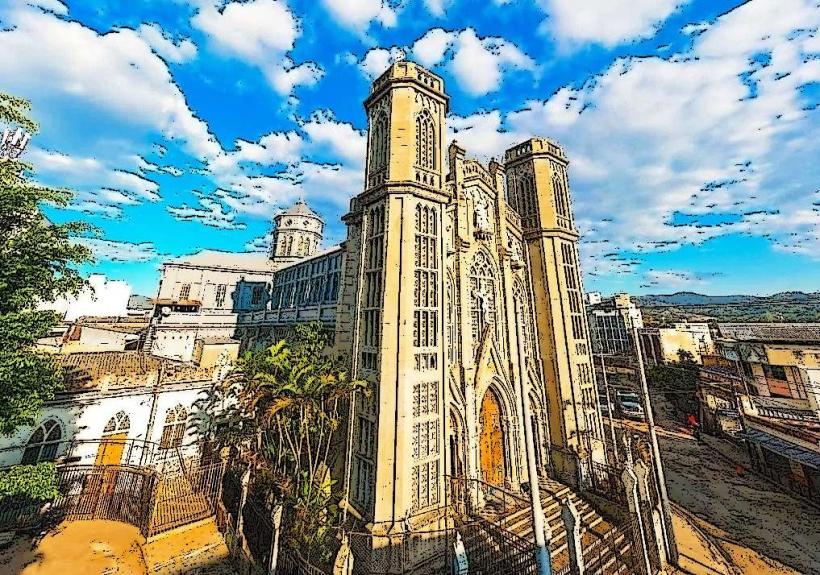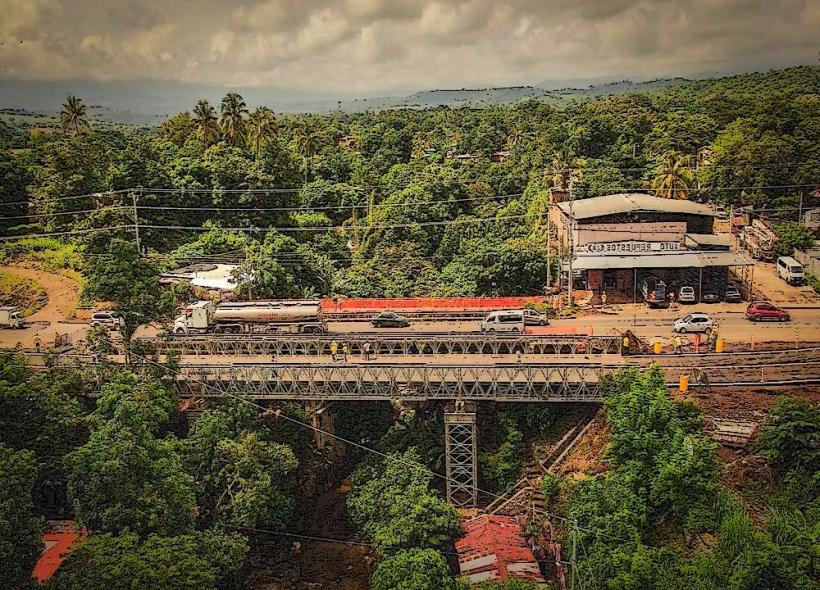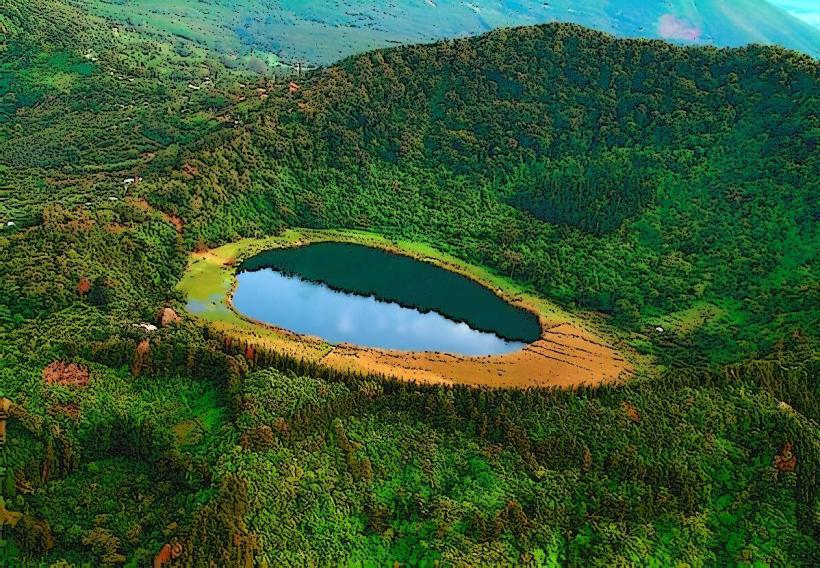Information
City: AhuachapanCountry: Grenada
Continent: North America
Ahuachapan, Grenada, North America
Ahuachapán is a city in western El Salvador, serving as the capital of the Ahuachapán Department. Located near the border with Guatemala, it is about 100 kilometers (62 miles) from San Salvador and is known for its geothermal activity, coffee production, and colonial history. Ahuachapán is part of the Ruta de Las Flores, a scenic route famous for its picturesque towns, coffee farms, and natural landscapes.
Geography and Climate
Ahuachapán sits at an elevation of approximately 780 meters (2,560 feet) above sea level, giving it a cooler and more pleasant climate compared to lower-altitude regions of El Salvador. The weather is characterized by a dry season from November to April and a wet season from May to October. Average temperatures range between 18°C and 28°C (64°F to 82°F), making it an ideal climate for coffee cultivation.
The region is also known for its volcanic activity, which provides geothermal energy-one of Ahuachapán’s key economic assets.
History and Culture
Ahuachapán has indigenous origins, primarily influenced by the Pipil people, who inhabited the area before the Spanish conquest in the 16th century. The name "Ahuachapán" comes from the Nahuatl language and means "place of oak trees" or "place of abundant water," reflecting its natural resources.
During the colonial period, Ahuachapán became a key center for agriculture and trade, particularly for coffee and indigo. Many colonial structures and traditions have been preserved, contributing to the city's cultural charm.
Ahuachapán is also known for its festivals and religious celebrations, particularly the Fiestas Patronales in honor of Dulce Nombre de Jesús, held in January. These festivals feature parades, traditional dances, music, and fireworks, bringing the local community together.
Economy
Ahuachapán's economy is driven by several key industries:
- Coffee Production: The city is surrounded by high-altitude coffee plantations, producing some of the best coffee in El Salvador. Many farms offer coffee tours where visitors can learn about the cultivation and processing of coffee.
- Geothermal Energy: Ahuachapán is home to the largest geothermal power plant in El Salvador, which harnesses energy from underground heat sources. This renewable energy source provides electricity for much of the country.
- Agriculture: Besides coffee, the region produces maize, beans, sugarcane, and fruits.
- Tourism: Ahuachapán is part of the Ruta de Las Flores, attracting visitors with its natural beauty, hot springs, waterfalls, and colonial towns.
Tourism and Attractions
Ahuachapán offers a mix of natural, cultural, and historical attractions, making it a worthwhile stop for travelers.
Geothermal Springs ("Los Ausoles")
One of Ahuachapán’s most unique features is its boiling geothermal springs, known as Los Ausoles. These hot springs, located just outside the city, are the result of underground volcanic activity and are among the hottest in Central America. They are often referred to as the "Devil's Cauldrons" due to their bubbling mud pools and strong sulfur smell.
Ruta de Las Flores
Ahuachapán is a starting point for the Ruta de Las Flores, a famous tourist route that includes Juayúa, Apaneca, Ataco, and Nahuizalco. The route is known for:
- Coffee plantations
- Colorful murals and colonial architecture
- Weekend food festivals
- Handicrafts and markets
- Scenic waterfalls and hiking trails
Church of Our Lady of the Assumption
This historic Catholic church in the city center is a beautiful example of Spanish colonial architecture. It plays an important role in the religious life of the local community.
Laguna El Espino
A scenic lake located a short drive from Ahuachapán, Laguna El Espino is a great spot for hiking, birdwatching, and picnics. The peaceful environment and surrounding forests make it ideal for nature lovers.
Cascada de Don Juan
A hidden waterfall near Ahuachapán, offering a refreshing escape into nature. The waterfall is accessible via a short hike through lush greenery.
Coffee Tours in Apaneca
Nearby Apaneca, just a short drive from Ahuachapán, is one of El Salvador’s premier coffee-growing regions. Visitors can tour traditional coffee farms, learn about the coffee-making process, and taste freshly brewed local coffee.
Transportation
Ahuachapán is well connected to other cities in western El Salvador:
- By Road: The city is accessible via the CA-8 highway, which connects it to San Salvador and other nearby towns.
- Public Transport: Buses frequently run between Ahuachapán and major cities like San Salvador, Santa Ana, and Sonsonate.
- Proximity to Guatemala: Ahuachapán is near the Guatemalan border, making it a common stop for travelers moving between El Salvador and Guatemala.
Safety and Security
Ahuachapán is generally considered a safe destination, particularly in the tourist areas. Like in any city, visitors should take basic precautions, such as avoiding isolated areas at night and keeping an eye on personal belongings.
Conclusion
Ahuachapán is a city rich in natural beauty, cultural history, and economic significance. Whether exploring geothermal hot springs, coffee plantations, waterfalls, or colonial architecture, visitors can experience both adventure and relaxation. As part of the Ruta de Las Flores, Ahuachapán serves as a gateway to some of the most scenic and culturally vibrant areas of El Salvador, making it a must-visit destination for travelers looking to explore the western part of the country.

